Over 1,000 businesses partner with us for our company services. | Ready to register ? | Speak with our Experts |Over 1,000 businesses partner with us for our company services. | Ready to register ? | Speak with our Experts |
Table of Contents
Incorporation Details
Fee schedule
| Country | First year | Annual fee |
|---|---|---|
| Ras Al Khaimah | US$ 2,499 | US$ 1,900 |
*** To maintain good standing, your RAKICC company must pay an annual renewal fee. This fee is a flat rate and free from hidden charges.
What’s included for 2190
- Incorporation of Company
- RAKICC Government Registration Fees
- Registered Office for 1 year
- Company Secretary for 1 year
- Certificate of Incorporation
- Memorandum of Association
- Register of Members
- Membership Certificates
- Lifetime support
Why Ras Al Khaimah (RAK)
Ras Al Khaimah (RAK) is situated in the northern end of the UAE. It shares the mountain borders with the Sultanate of Oman and is settled between the Arabian Gulf on the West and the Hajjar Mountains on the East. The Emirates is just 45 minutes away from Dubai and has easy access to various other countries due to its interconnectivity.
It is an emirate of opportunities and caters to various sectors, making it an ideal destination for more RAK business setups. Individuals are looking to set up businesses in such places because it is strategically located close to far eastern nations and have impressive logistical connections to the RAK Free Trade Zone and Port Saqr. We will look at the essentials, types and steps for business setup in Ras Al Khaimah.
Benefits of opening a company in RAKICC / RAK offshore company
In recent times, Ras Al Khaimah saw an inflow of foreign investors due to the growing economy and business-centric developments in the emirate, such as government policies, modern infrastructure, and friendly international relations, attracting investors and entrepreneurs for company registration in Ras Al Khaimah. The following are the facilities and incentives issued by the authorities of the Emirate –
- 100% Ownership.
- Ensures Security of Investments.
- 100% Return of Capital and Profits.
- No Taxes on Personal/ Corporate Income.
- No Custom Duty on Import, Export or Services.
- Government-sponsored incentives for Investors.
- Hassle-Free and Business-Friendly Legal Regulations.
- No Foreign Exchange Controls, Quotas, Trade Barriers.
- Business-Friendly Environment and Easy Incorporation Process.
- 100% Tax Exemptions on Commercial Levies for Import and Export.
Types of Business Entities in RAK
Ras Al Khaimah (RAK) offers a variety of company structures that are suitable for different types of businesses and investment activities. These include:
Here is a brief description of each jurisdiction.
RAK MAINLAND COMPANY:
A mainland company is nothing but an onshore entity that is registered under the relevant emirate’s government body. The Department of Economic Development (RAK DED) issues trade licenses and allows commercial activities in this zone.
Mainland in Ras Al Khaimah must have a local sponsor where they will own a majority of shares in the company.
There are various benefits of mainland companies in Ras Al Khaimah, and they are –
- No currency restrictions.
- No annual auditing.
- Facilitates renting offices.
- Conducting business with the local market.
RAK FREE ZONE:
A free zone is another type of business structure used for establishing companies that are regulated within special jurisdictions that come under the respective emirates. Their regulatory body is called the Free Zone Authority.
Furthermore, this zone offers different advantages like fewer packages for setting up a business in RAK, lower tax rates, a customer-friendly environment, etc. Some of the best business setup in Ras Al Khaimah are mentioned below –
- RAK Maritime City Free Zone.
- RAK Media Free Zone (RMFZ).
- RAK Economic Zone (RAKEZ).
- Ras Al Khaimah Investment Authority Free Zone (RAKIA).
RAK OFFSHORE:
Offshore refers to any business activity that takes place outside an entity’s home base. They are established to cater to the high demand for offshore markets. These offshore companies ensure growth in the economy and create a business-friendly environment for business owners and investors.
There are several benefits to business setup in Ras Al Khaimah Offshore, and they are:
- Rational cost packages.
- Import duty exemptions.
- Keeping business details safe.
- 100% repatriation of capital and profits, etc.
The types of licenses available for a company set up in Ras Al Khaimah are:
- Industrial/ Service License
- Trading/ Commercial License
- Professional/ General Trading License.
Incorporation Procedure
Documents from individuals:
- Certified passport copy of the Beneficial Owner, Shareholders, and Directors.
- Copy of a Utility Bill e.g., Gas / Electrical or Bank Statement (dated within the last 3 months).
- 3 Proposed company name.
- CV of Beneficial Owner, Shareholders and Directors.
- Bank or Professional reference letter of Beneficial Owner, Shareholders and Directors.
Documents from legal entities:
- Copy of the Certificate of Incorporation;
- Copies of incorporation documents (Articles of Association and Memorandum of Association).
- Register of directors/shareholders/members.
Note: The Utility Bills should be either in Arabic or English; otherwise it should be translated by legal translators in UAE. On receipt of above documents, we could start to prepare the necessary documentation required. After the documentation is complete, we could coordinate for affixing signatures on the documents and finally the submission of documents.
Company Structure
- Directors/shareholders: At least one director/shareholder is required, who can be a natural person or a legal entity, and may be non-resident. Director details are not disclosed publicly.
- Secretary: The appointment of a secretary is required, who can be a legal or natural person and may be non-resident.
- Director/shareholder/secretary and they can be the same person.
Timeline
Once we have received all the required identification documents, the company formation process will take approximately 6 working days subject to compliance review.
Taxation Policies
Country Reviews
Related Jurisdiction
Follow the right path with the right procedure
STEP 01
Select package and submit KYC documents
STEP 02
Sign application forms and do due diligence requirements
STEP 03
Submit the application and receive corporate documents
STEP 04
Annual registration renewal to keep business in good standing
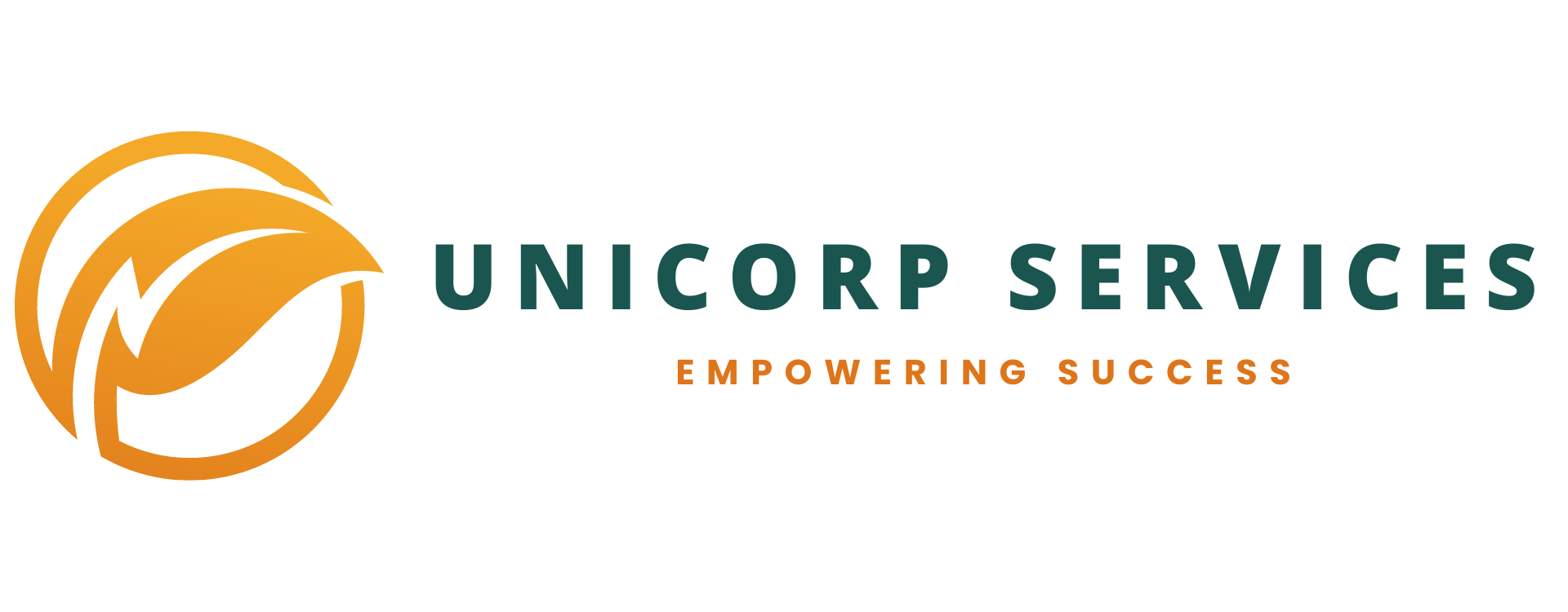


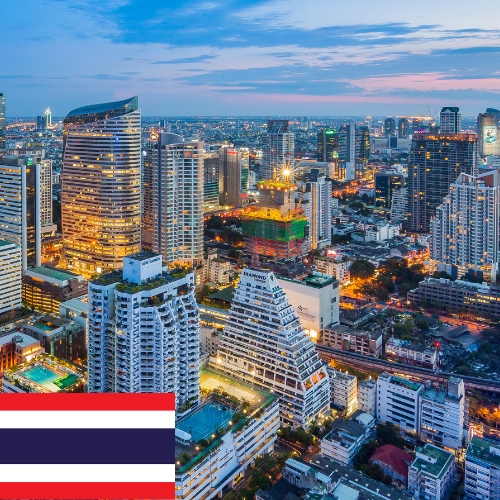
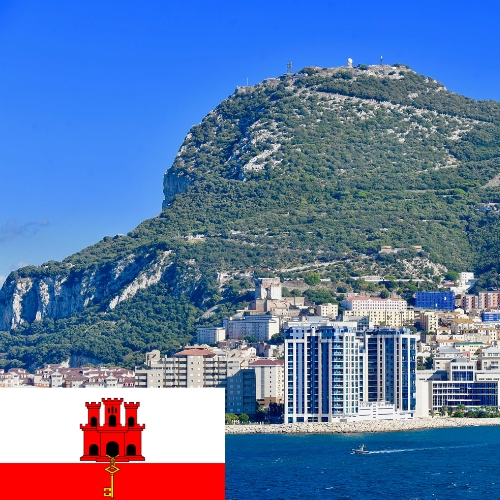
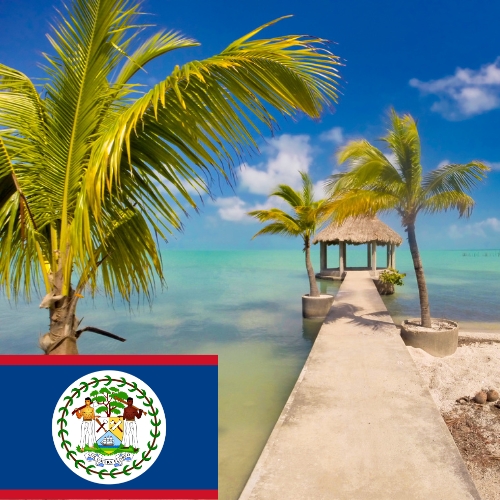
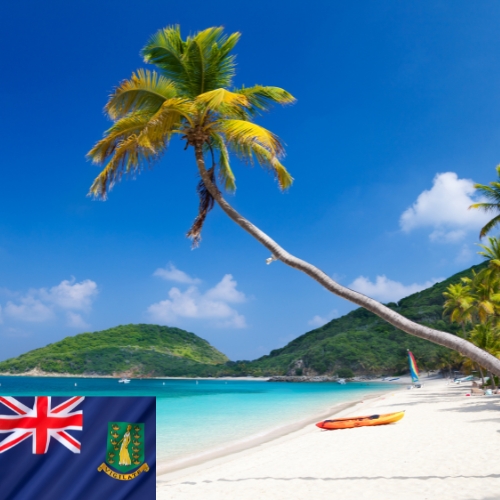
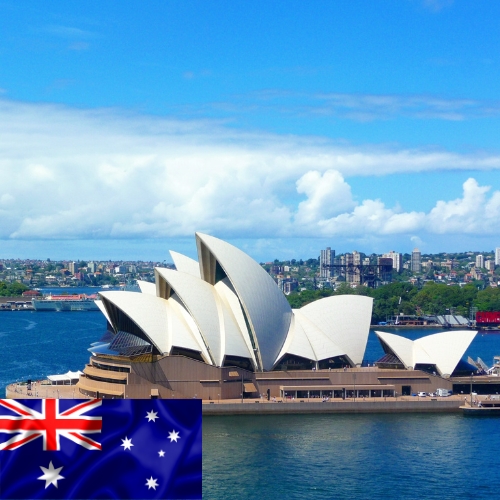


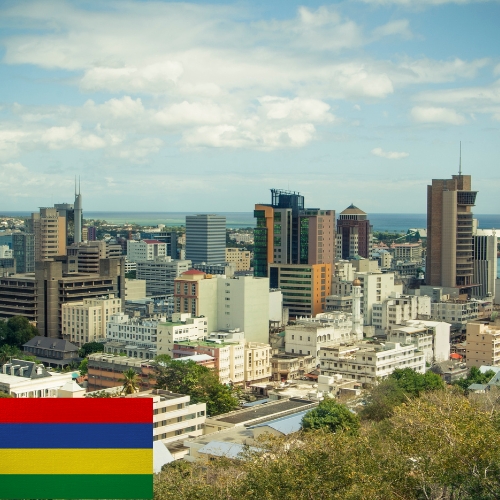

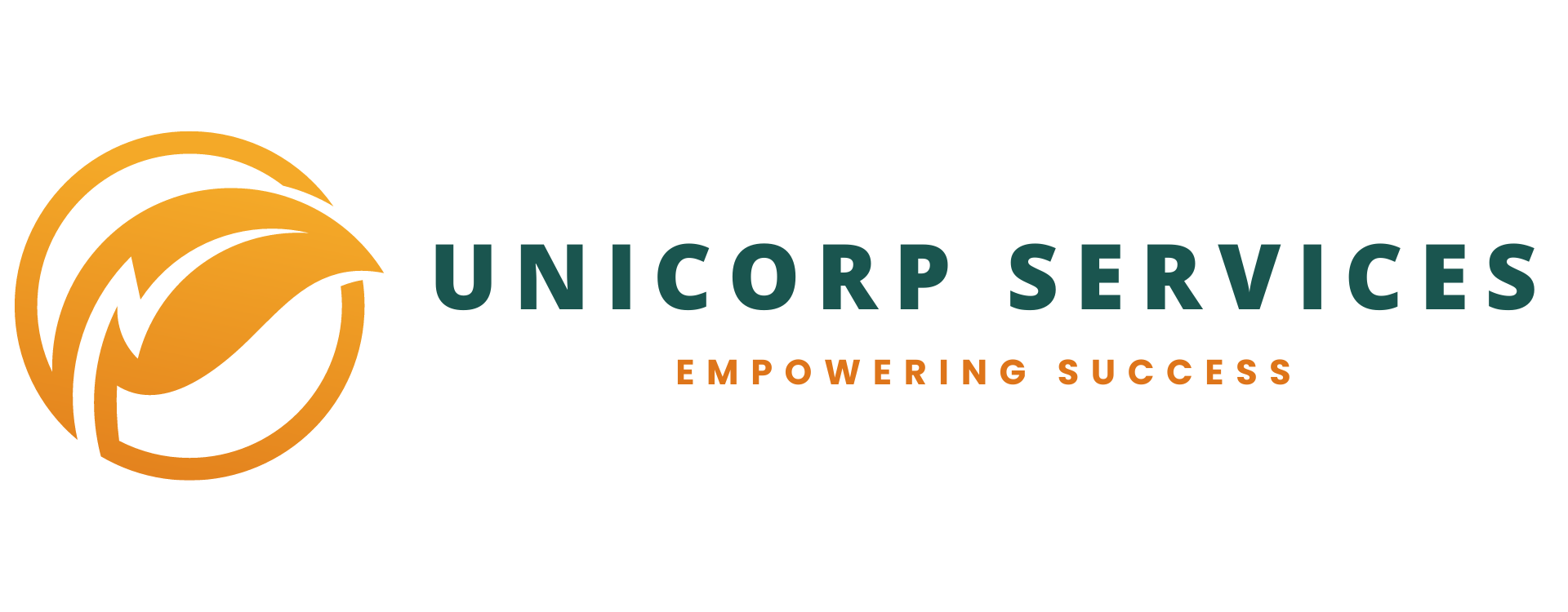

Reviews
There are no reviews yet.